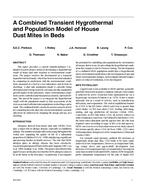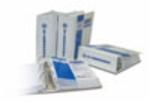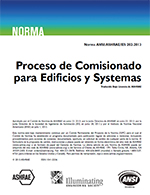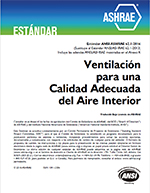Description
This paper describes a current multidisciplinary U.K. funded research project aimed at developing a hygrothermal model of house dust mite response to environmental conditions. The project involves the development of a transient hygrothermal bed model, which has been tested and validated by comparing its predictions with the environmental conditions measured in a bed in a test laboratory and in beds in dwellings. A dust mite population model is currently being developed and is being tested by carrying out mite population growth studies in the laboratory, where environmental conditions can be controlled and measured accurately, and in dwellings. The aim of the project is to integrate the hygrothermal model with the population model so that assessments of the risks associated with dust mite populations in dwellings can be made. The combined model can also be used as a practical tool for examining how the dust mite microenvironments can most effectively be improved by changing the design and use of a dwelling.
Authors:S.E.C. Pretlove, I. Ridley, J.A. Horwood, B. Leung, P. Cox, D. Thomson, N. Baker, D. Crowther, T. Oreszczyn
Citation:Indoor Air Quality 2001 Moisture, Microbes, and Heath Effects: Indoor Air Quality and Moisture in Buildings Conference Papers
Keywords:November, California, 2001, IAQ
Citation: IAQ Conference: IAQ 2001
Product Details
- Published:
- 2001
- File Size:
- 1 file , 580 KB
- Product Code(s):
- D-8162




